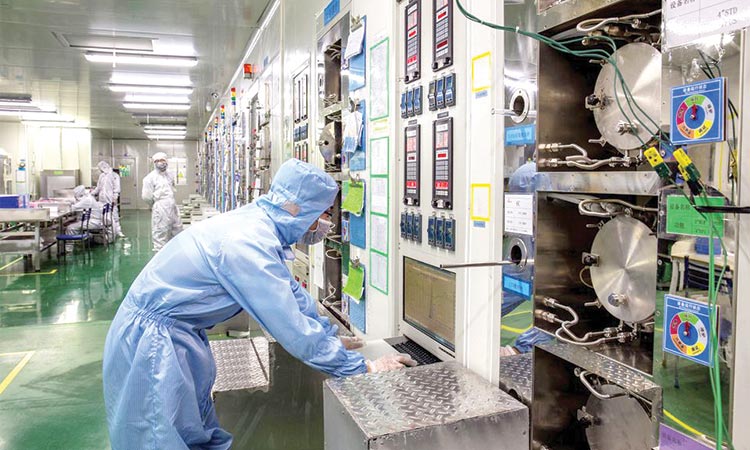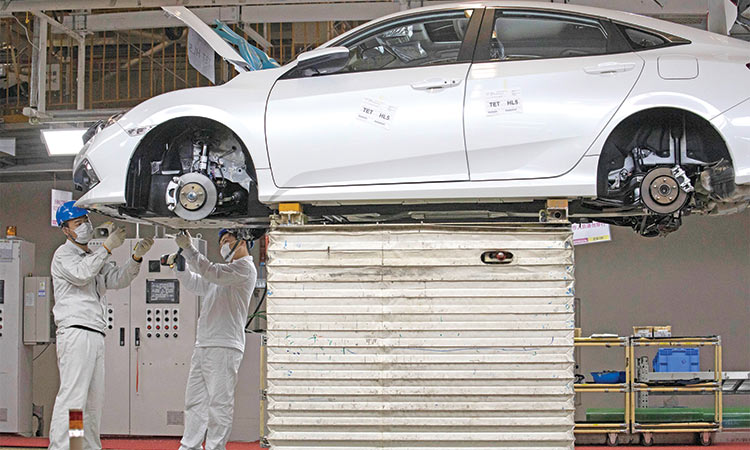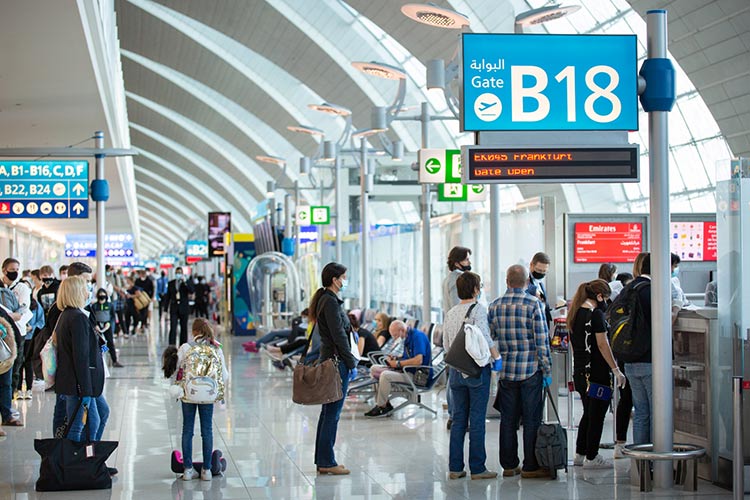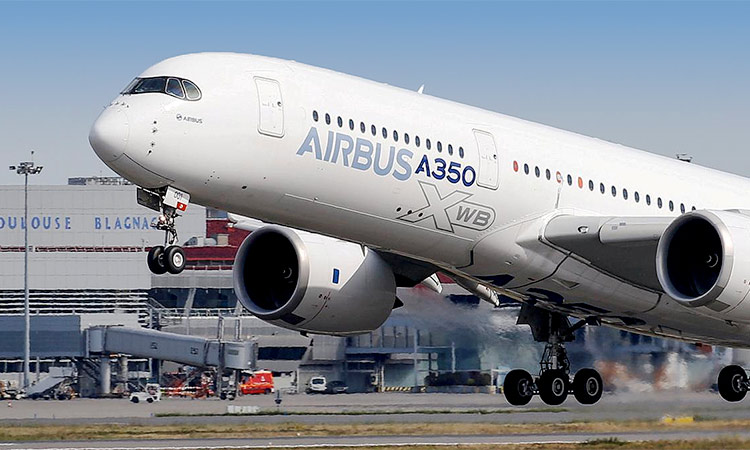China’s auto sales up four-fold in 11th straight monthly gain

Employees at a car accessories’ manufacturing company in Huaibei, China, on Thursday. Agence France-Presse
Auto sales in China, the world’s biggest auto market, surged 365% in February over the same month a year earlier for their 11th month of gains, as the country leads the global industry’s recovery from the COVID-19 pandemic.
Sales reached 1.46 million vehicles in February, data from the China Association of Automobile Manufacturers (CAAM) showed.
A year ago, China’s auto sales were hit hard by nationwide travel curbs over the pandemic.
But the market started to bounce back in the second quarter, along with the rest of the economy, as the coronavirus was largely brought under control.
Automakers, including Toyota and Geely, reported triple-digit sales growth last month.
Sales of new energy vehicles (NEVs), including battery-powered electric vehicles, plug-in petrol-electric hybrids and hydrogen fuel-cell vehicles, increased 585% in February to 110,000 units.
NEV makers, such as homegrown Nio and Xpeng, as well as foreign groups, such as Tesla, are expanding manufacturing capacity in China as it promotes greener vehicles to cut air pollution.
CAAM expects vehicle sales to rise by about 4% this year, but has warned that a shortage of certain auto chips may start to hit production at some Chinese firms at the beginning of the year.
But the reduced chip supplies that forced global automakers, from Volkswagen AG to General Motors Co, to shut assembly lines, will ease in China in the second quarter thanks to industry coordination and government help, Chen Shihua, a senior CAAM official, told an online news conference.
Meanwhile, China’s smartphone shipments increased more than threefold in February 2021 from a year ago, government data published on Thursday showed, signaling an encouraging rebound from last year’s nadir as the pandemic peaked in China.
Shipments of smartphones within China jumped 236.6% annually to 21.3 million handsets in January, according to the China Academy of Information and Communications (CAICT), a state-backed think tank.
That was up from 6.3 million in February 2020 and higher than the 14.9 million in February 2019, suggesting China’s smartphone sector has returned to its pre-pandemic levels.
Manufacturing glitches and a lagging consumer economy marred China’s smartphone sector as COVID-19 spread in early 2020, but the industry has largely recovered along with the broader economy.
Despite the pandemic’s retreat in China, handset brands now face production issues due to a global computer chip shortage.
A confluence of factors including demand miscalculation, unexpected factory shutdowns, and US-China tensions caused a number of automobile companies to report chip sourcing issues in late December.
That shortage has since spread to many types of chips and all types of hardware, including smartphones.
In late February, Xiaomi Corp VP Lu Weibing posted a brief message on Chinese social media calling the chip crunch “an extreme shortage.”
Xiaomi was one of several Chinese handset makers that ramped up production late last year in anticipation of strong sales as US sanctions kneecapped the ability of Huawei Technologies Co Ltd to make handsets.
Analysts consider that ramp up as one of several key factors that contributed to the shortage.
Separately, China has approved a 10 billion yuan ($1.54 billion) currency swap with Sri Lanka, a government spokesman in Colombo said on Wednesday, giving some respite from concerns about public finances.
The deal will allow the island to weather “present difficulties”, State Minister of Money & Capital Market and State Enterprise Reforms Ajith Nivard Cabraal said in an interview with the Daily Mirror earlier on Wednesday.
Sri Lanka’s government bonds surged after the announcement, with Sri Lanka’s dollar-denominated bond due in July 2021 climbing 3.5 cents to 96.3 cents and its highest level since March 2020. The January 2022 issue jumped 4.8 cents, Tradeweb data showed.
Dwindling foreign reserves, a tumbling currency and rising debt levels have dogged Sri Lanka over the last year, leading to increasing fears of a default.
The government of Prime Minister Gotabaya Rajapaksa - which has drawn the country closer to China to the frustration of neighbour India - says this will not happen. It has called downgrades by credit rating agencies and negative comments from investment banks in recent months politically motivated.
“(The swap deal) buys time given FX reserves are at multi-year lows and there are still significant FX payments into year end,” said Raza Agha, head of emerging markets credit strategy at Legal & General Investment Management.







